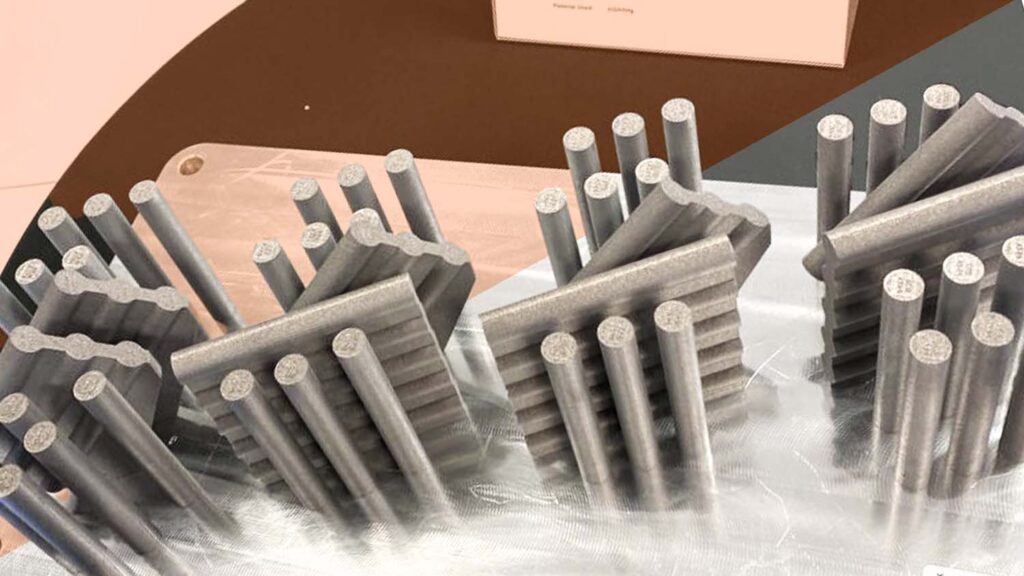A new partnership involving Dyndrite is aiming to streamline and automate a closed-loop source for 3D Printing materials for production and qualification.
Dyndrite, a provider of GPU-accelerated computation used to create digital manufacturing hardware and software, will work with Mimo Technik and Astro Mechanical Testing Laboratory to collaborate on the development of materials qualification platform Mastro.
Mimo Technik develops manufacturing solutions in the additive manufacturing space for aerospace, rocketry, defence and motorsport clients, while Astro executes mechanical and metallurgical testing for materials developed for spaceflight hardware, launch vehicles and satellites. Together, through Mastro, the team of experts will offer organisations qualified materials for companies such as Boeing, Lockheed Martin, and Northrop Grumman.
Having already been used to qualify dozens of materials, Mastro will be benefit from Dyndrite enabling the codifying of Mastro ‘build recipes’ to ensure repeatable quality and traceability.
“Parameter development and qualification is a tedious and time consuming process,” said Dyndrite head of product Steve Walton. “Dyndrite’s tools allow users to rationally explore the parameter space of interest using their own algorithms while building upon provided tools. Our APIs are designed to support the user in these studies and algorithmically provide the build and toolpath pedigree to ensure data can be used in research, qualification, and production environments.
“The build and toolpath automation provided allows engineers to explore the solutions to new process problems, instead of spending energy on manual, error prone data entry.”
Dyndrite recently unveiled its first end-user AM application, Dyndrite Materials and Process Development for LPBF, a GPU-based 3D application designed for materials and process engineers developing new metal alloys and parts for laser-based 3D metal printing.
The software is designed to take full advantage of Dyndrite’s Accelerated Computation Engine including the ability to perform 3D geometric queries in order to detect and optimise for difficult geometric features such as domes, cantilevers, and thin walls.
Users will be able to create shareable build recipes (via Python) that provide all the necessary information required to recreate a build and drive a variety of 3D metal printers, including EOS, Renishaw, SLM Solutions and others.
“Scaling digital additive manufacturing to an industrial level is the next step for strategic aerospace and defence infrastructure,” said Mimo Technic CEO Jonathan Cohen. “Dyndrite is the platform we are using to build that reality. Empowering our engineers from rapid material development to creating qualified aerospace workflows for our growing AM facility.”






